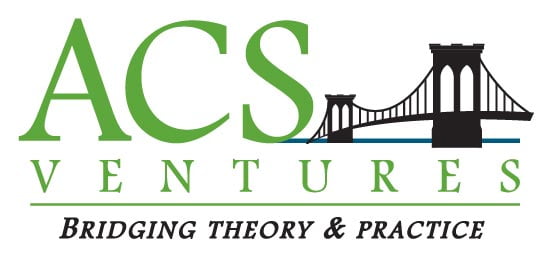Warning: Graphic Content! Test Developer Discretion Advised
REFERENCE
Kavanaugh, J., Gutberlet, T., & Davis-Becker, S. (2023). Warning: Graphic Content! Test developer discretion advised. Extending readability analyses to item exhibits. E-poster presented at the 2023 Institute for Credentialing Excellence (ICE) Exchange, Colorado Springs, CO.
SHORT DESCRIPTION
The National Council of Architectural Registration Boards (NCARB) contracted with ACS to conduct readability analyses of the Architect Registration Examination (ARE). NCARB wanted to evaluate whether the information processing required to understand the examination content was at an appropriate level for architectural candidates. This review was completed by reviewing not just the textual content, but also the graphics that were used across multiple resource materials developed by NCARB. The results of this work allowed NCARB to evaluate the readability level of the current exam text and graphics and also created a rubric for the future review of test content by subject matter experts.
ABSTRACT
The National Council of Architectural Registration Boards (NCARB) contracted with ACS to conduct readability analyses of the Architect Registration Examination (ARE). As part of its certification programs, NCARB strives to ensure that the ARE measures candidates’ knowledge and skills important to the entry-level practice of architecture rather than their reading or information processing skills. This review was completed by reviewing not just the textual content, but also the graphics that were used across multiple resource materials developed by NCARB. For this evaluation, NCARB identified three divisions for review: Practice Management (PcM), Project Planning and Design (PPD), and Construction and Evaluation (C&E). The NCARB examinations are intended to address candidates’ professional competency; therefore, if the readability level of any of the examinations exceeds the readability level of the resource materials in the field, then the candidate is potentially being assessed on reading fluency rather than professional competency. The results of this work allowed NCARB to evaluate the readability level of the current exam text and graphics and also created a rubric for the future review of test content by subject matter experts.

